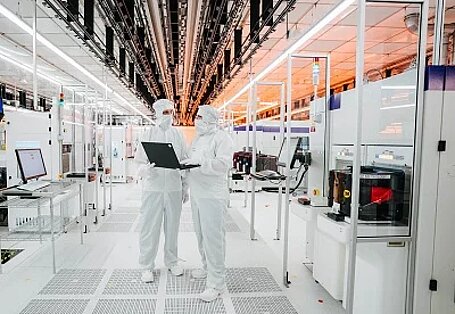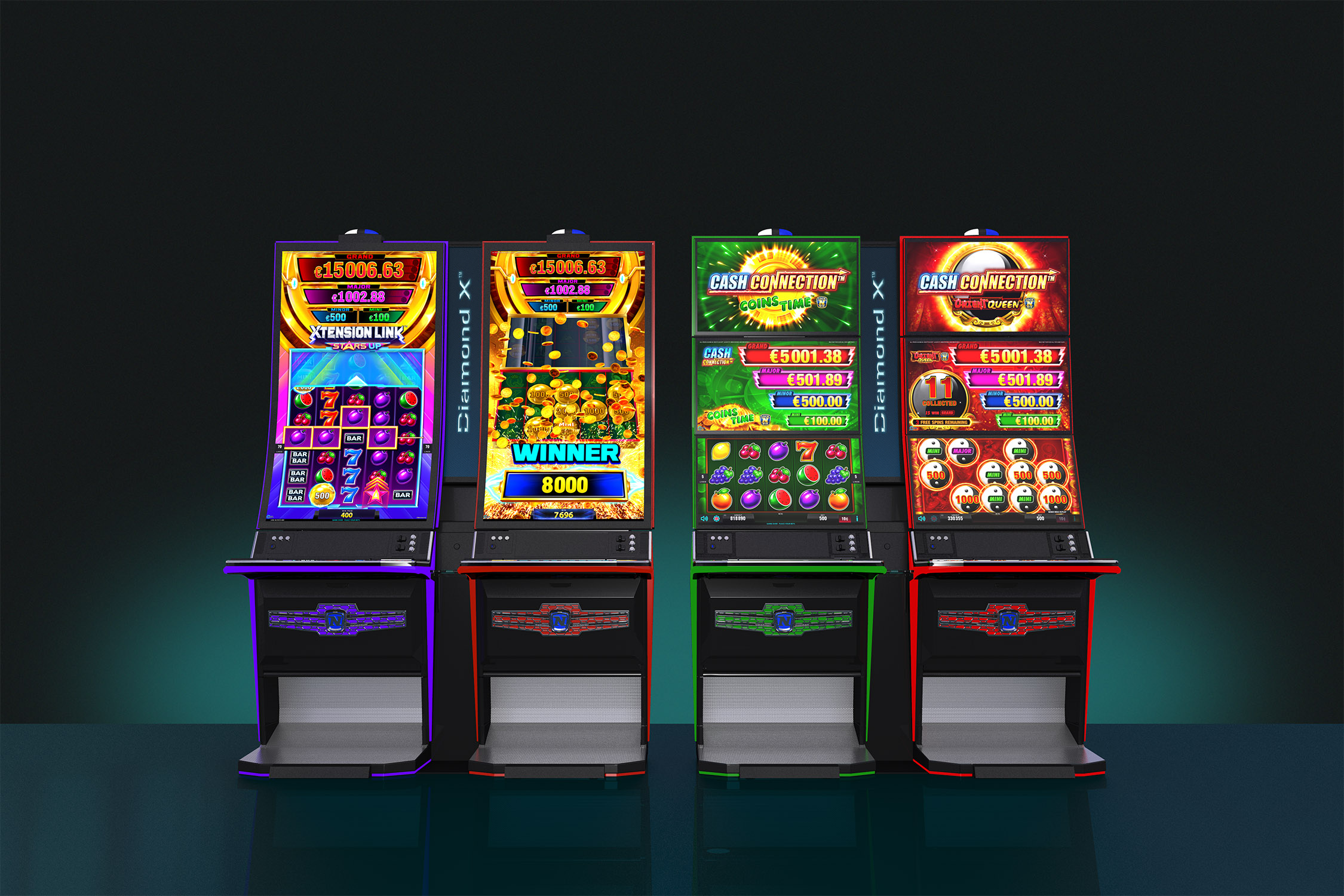The price spiral continues: Raw material and component availability shortages meet high demand and volatile supply chains – which means that prices rise. End customers bear the consequences of these global upheavals, but they are not alone. The role of the electronics industry and retailers is often forgotten in this explosive mix. They sometimes involuntarily come off worse and are caught between the difficult market environment and disgruntled end customers.
Almost a year ago the container ship Ever Given was stuck in the Suez Canal for several days and showed the fragility of the global trade flow. We still face the same challenges today and global transportation is still impaired by container ships among other things. Combined with rising raw material prices, transportation, energy and personnel costs, these supply bottlenecks form a mishmash that has long since also affected Austria’s industry, trade and commerce. An end to the price dynamics is not in sight. For example, the general inflation rate was 5.1 percent in January – the highest value since November 1984. There have been real price surges, for example, for non-ferrous metals (+42.4 percent) and for iron and steel (+42.2 percent). Copper stocks reached an all-time low of 80,025 tonnes on the London Stock Exchange last week and the price reached an all-time high at 9.875 dollars per tonne. The situation is similar for other raw materials that are essential for the electrical and electronics sector, such as PVC, semiconductors and oil. As a result, wholesale prices also rose by 15.5 percent on average. There was even an increase of up to 50 percent for cables in comparison to the pre-crisis level. This makes both private and commercial construction projects more expensive. Electronics trade and retail can no longer bear the mix of global upheavals alone, which is why the price increases are now gradually reaching the end customers – in almost all areas of electrical engineering. Understandably, these changes are sometimes met with incomprehension and anger from customers.
Full order books: A curse or blessing?
One detail that is all too often forgotten: Price is determined by demand or the product. The electronics industry is essentially in a fantastic situation, but with a drop of bitterness. Covid-19 and the bundle of initiatives against climate change or for the energy transition, and above all the EU’s “Green Deal”, triggered a boom and the electronics trade in particular is still constantly faced with the challenge of coping with the enormous demand – and this against the backdrop of an increasing shortage of skilled workers and a difficult economic environment in which long-term planning is a thing of the past. After all, intelligent buildings are a growth market and they not only promise more comfort, but also a more efficient use of energy. The electronics trade provides the backbone for this. Due to its systemic relevance, the entire electronics industry continued working despite the pandemic and thus ensured stability, not least economically and socially. As a result of the current price increases, trade and retail come off worse and unintentionally find themselves between two camps once again.
Availability management as the greatest challenge
Global economic flows make no exception for Austria. Demand is not only very high in this country, but also very high throughout Europe and even globally. Availability management and the associated volatility of prices for the entire value chain has become the greatest challenge. At REXEL Austria, we increased our warehouse capacities by 20 percent in comparison to “pre-pandemic times” to ensure higher availability. Pulling together and showing understanding for the situation of others – whether it is manufacturers, electronics trade, electronics retail or end customers – is essential in these difficult periods, because the current situation will not change in the near future.






